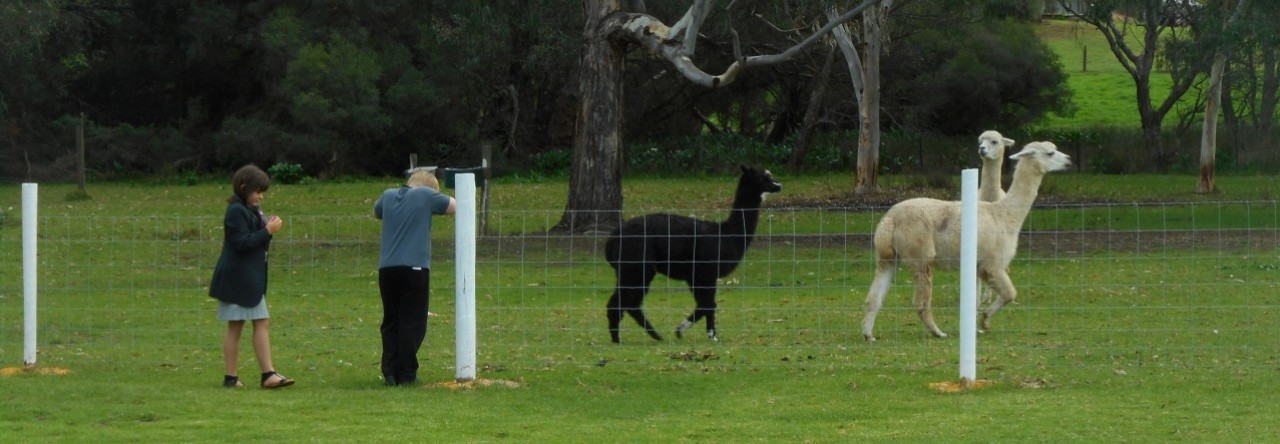What is Grief?
Swan Valley Memorials and funerals believe that Grief is our response to loss. It is the normal, natural and inevitable response when a loss occurs. It can be portrayed in many different ways and it can affect every part of our life, and inevitably those around us.
“Your grief is like your fingerprint, unique and personal to you.” (Irving & Thompson)
How is it expressed, how do we grieve?
Grief may be experienced in many different ways with many different emotions and feelings expressed through;
- Feelings of sadness,
- Anger,
- anxiety,
- Disbelief,
- panic,
- Relief.
The grief we experience may even affect our thinking. So it is advisable, after the loss of someone close to us, not to make any major decisions without taking advice first.Very seriously; we may even think that this loss is all too hard and overwhelming and we wish we were with the person who has died! This feeling does not usually mean that we will take active steps to end life, but could result in abnormal behaviour, such as drinking alcohol excessively or taking drugs prescribed or unsubscribed!
Remember each of us is an individual with our own personalities! Everyone grieves in his or her own way. We do not always know how people are grieving simply by what we see. Some people do not show their grief in public, but only express it in private, busying themselves in their day to day lives.
Some people are open with their emotions and expressions of grief, crying and wanting to talk about it openly. Others may withdraw and become distant – even hermit-like! We live in a multicultural environment with many different cultural beliefs and we need to be aware and tolerant of the outpouring of emotion and grief common to the culture. To add to this complex story, men and women will grieve differently, but it is important to respect each gender and the way they generally grieve.
Keeping connected
The loss of someone may result in us withdrawing from society and our normal way of life. Grief is a journey with many pathways, blind curves and is a bit of a roller coaster ride, sometimes, with many ups and downs. However you experience the death of a loved one, as you come to terms with the loss, keep a continuing bond with family or friends whatever the immediate family dynamic maybe.
It is important to keep in contact as these individuals are a “shoulder to cry on”, that can be very helpful and comforting, giving direction, guidance and above all else support. Remember, if there is no-one to help you there are always help lines and crisis lines available.
Your memories as you go through the grieving process will allow you to transcend to another level of communication with the deceased. This may happen through dreams and recollections of experiences you shared! This experience in its many shapes and forms may help the pain and the loss you feel. The loss you experience, the life that you once had, has changed and you have to relearn the environment about yourselves. Share your thoughts and your concerns – don’t hold them in and try and battle them out. Remember you are you and your deceased family member or friend was different to you with a different personality so they handled issues differently. Help is available!
Seek help if this becomes an issue. Don’t let the drugs rule your thoughts and hearts and destroy your fond memories!
These emotions and symptoms can come out in “dribs and drabs”, out of the “blue” or in various combinations during our grief journey. These emotions and symptoms as they occur will sometimes make us feel we will never get over this loss, or we may think we are going crazy!
All of these emotions can be triggered by the sight of a place or item, the smell of something or even a comment that is made! Furthermore it could lead to physical ailments, such as loss of appetite, numbness, aches and pains we have never had before!
Time is a healer; and you may feel that as you come to terms with a beloveds death, that you will forget them; but you are not forgetting them, you are healing, moving to another level in your life, allowing your life and memory of the deceased to intermingle with your new life, supporting you as you grow, as a new chapter of your life unfolds helping you to move forward.

